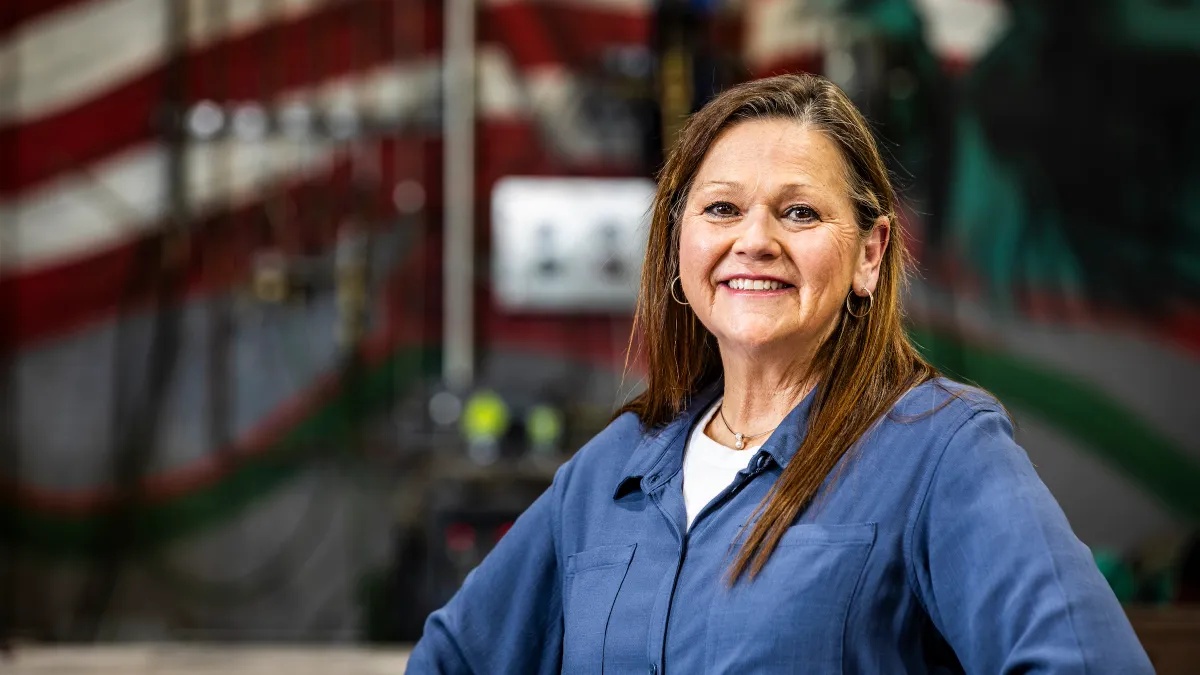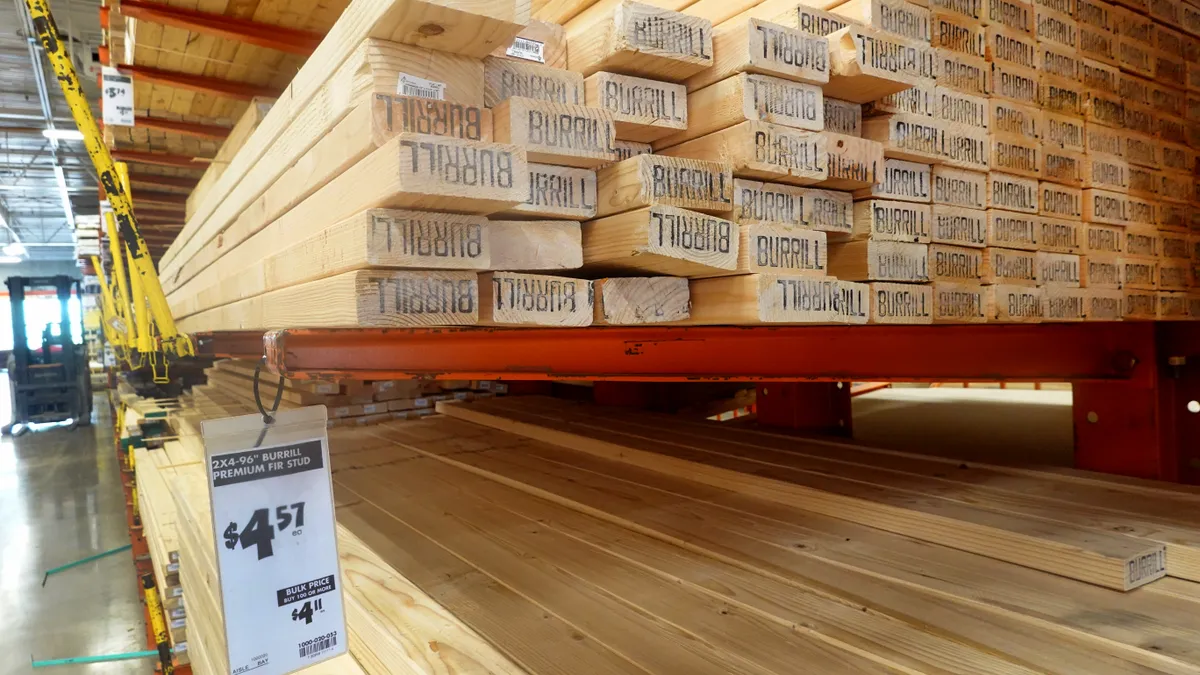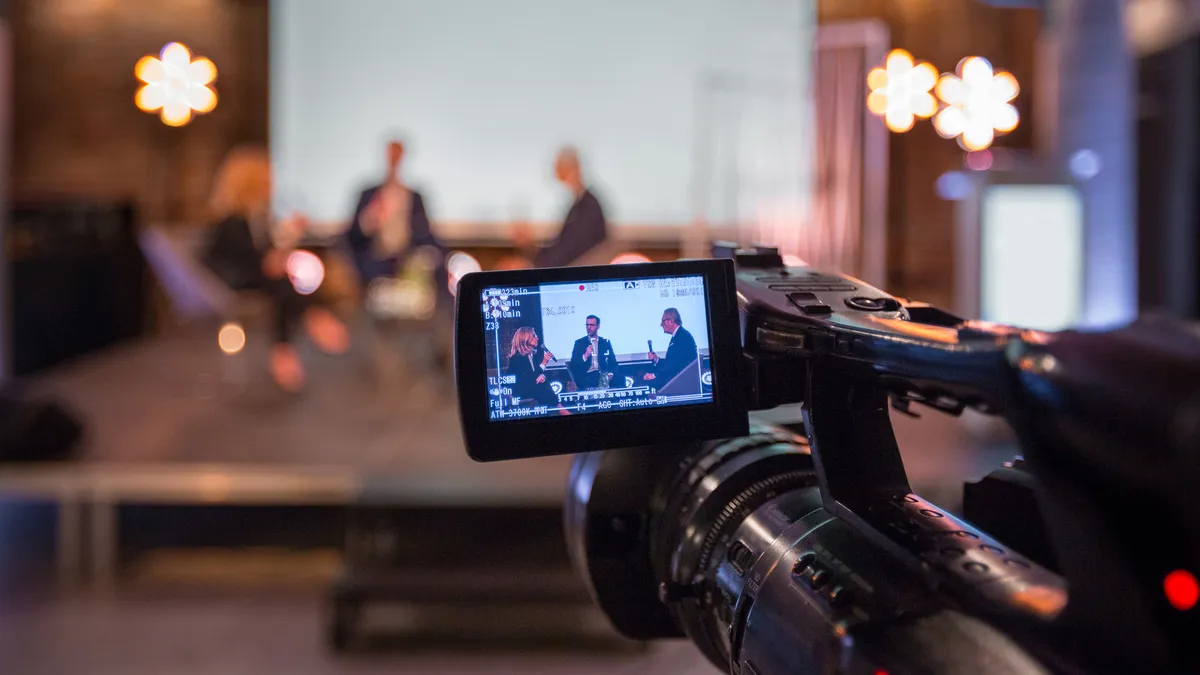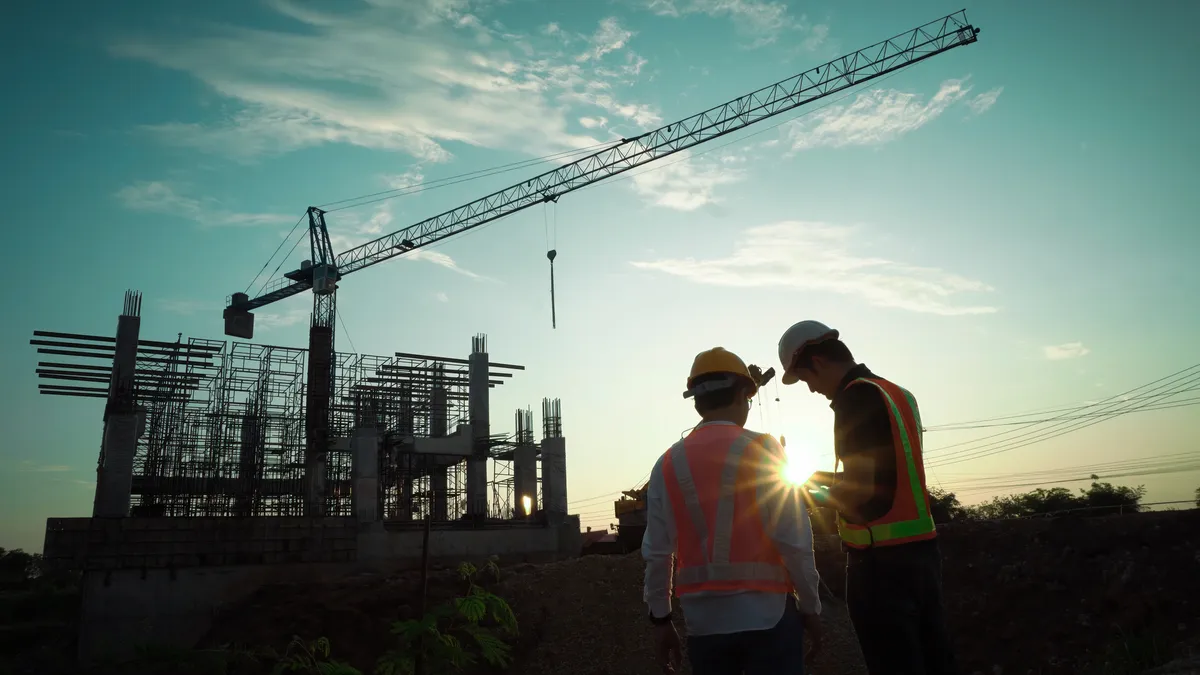Matt Verderamo is a consultant at Well Built Construction Consulting, a Baltimore-based firm that delivers strategic consulting, facilitation services and peer roundtables for construction executives. Opinions are the author’s own.
If you’re bidding work, never getting feedback and only winning when you’re the low bidder, then you’re working way harder than you need to.
Most construction companies have strong estimating engines — a technically talented team that knows the details and can crank out bids — but can’t figure out why they’re still not landing a seat at the negotiations table.
In my experience, clients won’t negotiate with you unless you’ve done two things:
- Built credibility that shows you can actually do the work.
- Cemented a real relationship with them.
I’d like to share with you how to do both of those things so that your estimating engine can run more smoothly, burn less heat and achieve greater efficiency in the form of higher win rates.
Building credibility
If I love hanging out with you, but think that you’re a terrible contractor, then I’m never going to award you a project.
So, as much as everyone says, “relationships are everything,” that well worn mantra misses a critical component: Relationships are everything when they are based on trust that you can get the work done.
Therefore, whether you’re pursuing a potential new client or expanding your account within an existing one, you need to make sure the customer feels 100% confident you can perform the types of projects you are bidding with them.

The best contractors do this by creating an extensive presentation showing their full portfolio of projects and the team members who were a part of building them.
Then, when they meet with their prospective clients, they do not go through the entire presentation, but rather ask a ton of questions:
- Describe a contractor you trust to build your work and why.
- What do you expect from a subcontractor building this type of project?
- Can you tell me about the last successful partnership you had with a contractor?
Based on the prospect’s answers, the contractor can then go into the presentation with a laser focus, only showing the projects or resumes that directly respond to the prospects’ answers, such as:
- Showing similar completed projects.
- Talking about successful partnerships.
- Demonstrating their unique skills and capabilities.
If nothing else, by the end of the meeting, the prospect knows that you ask great questions, you listen and care about their needs and you have repeatedly delivered on other projects.
That, in turn, helps build trust that you will be reliable and establishes the credibility you need.
Some other ideas for building credibility include:
- Posting projects on social media.
- Having a professional website.
- Sharing case studies of similar completed projects.
- Providing drone footage of completed projects and your facility.
- Bringing experienced superintendents and foremen to your sales meetings.
- Having your owner send an introductory message about the company’s history.
Building relationships
So, trust and credibility are crucial. But being likable might be even more important. If I believe you are the best masonry contractor in the state from a skills perspective, but I hate dealing with you and your people — because you’re mean and nasty and dishonest and treat me like the enemy — then I’m never going to negotiate work with you.
To be less dramatic: If I know you’re credible, but I really don’t know if I want to be around you for 18 months until the project is over, then I’m less likely to pick up the phone and make sure you get a certain project.
This is why it’s so important to build real, authentic and mutually respectful relationships if you want to negotiate work.
The good news is, this part is easy, and it can be fun:
- Set up a relationship-discovery meeting with the prospect.
- Ask questions, talk about what it would be like to work together, feel each other out.
- Show up again two months later with lunch for the office.
- Show up again two months later with bagels and coffee.
- Call their people when you don’t need anything.
- Remember things like their family members’ names, dog’s name, where they got married.
- Repeat steps 3 thru 6 forever.
- Work your way into being a real friend.
In six months, you can go from not knowing each other to working on a budding friendship. Along the way, if you’re building credibility like I described above, then eventually a specific project that fits your niche is going to materialize.
When it does, the prospect will have you top of mind, feel confident you can do the work and get excited to negotiate it with you and have the chance to work together.
It’s not complicated, but dang does it work.



























